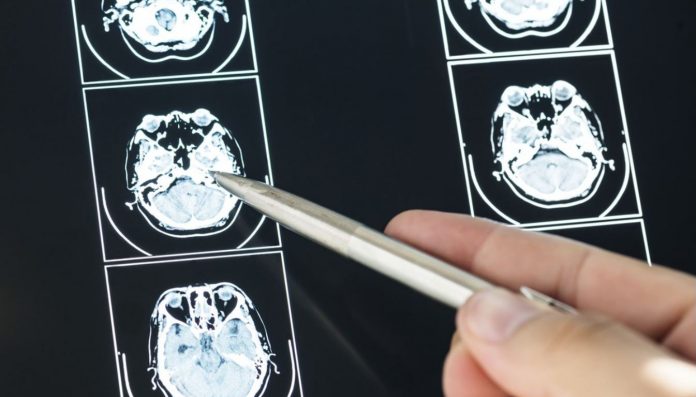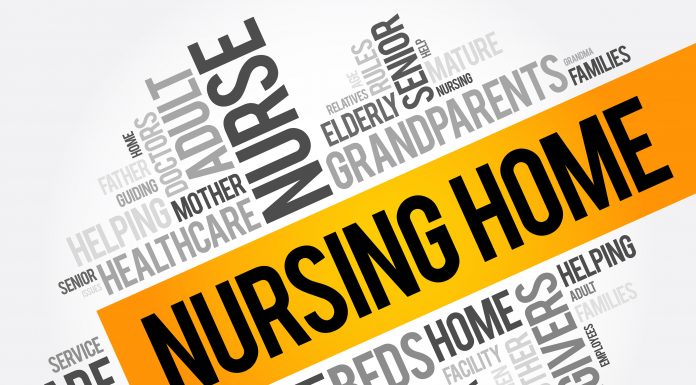Everyone seems to be talking about brain health these days. Some talk about specific foods and supplements to improve alertness and memory, though even more talk about Alzheimer’s disease and how to prevent it. You can think of your brain as a muscle: we need to work it out to keep it young and healthy.
Alzheimer’s disease is the most common cause of dementia. Typical symptoms are problems with speaking, understanding, remembering recent events, and controlling one’s mood.
What can we do to help keep our brains young and healthy?
We spoke with Dr. Nicole Hwang, ND of the Nirvana Wellness Centre who shared the following 7 tips:
- Following a Mediterranean diet: Studies have shown that people who eat more of the following foods have fewer problems with mental performance later in life: nuts, fish, tomatoes, poultry, cruciferous vegetables, fruits, and dark green leafy vegetables.
- Reducing high-fat dairy and organ meats: Both high-fat dairy products and organ meats contain more saturated fats which may increase the risk of certain brain problems.
- Socializing: Humans are social creatures. People who have more friends and meet with them more often had higher brain scores than people who socialized less often. One way of meeting like-minded people in your community is through Amintro, the online friend-making service exclusively for adults ages 50plus.
- Exercising more: Even low-intensity exercise, done regularly, has been shown to increase brain scores compared with people that don’t exercise. Even 30 minutes of walking a day is great!
- Enjoying mentally stimulating activities: People think this only includes brain puzzles/games, but these activities can include knitting, gardening, dancing, playing board games and musical instruments,reading, and watching educational television programs.
- Adding Turmeric (Curcuma longa) supplements: can improve cognitive function and may decrease neural plaque formation, preventing Alzheimer disease progression.
- Adding Gingko biloba supplements: increases blood circulation in small blood vessels (like those in your brain).
Note: Please do not start new treatments without first consulting a healthcare provider.























